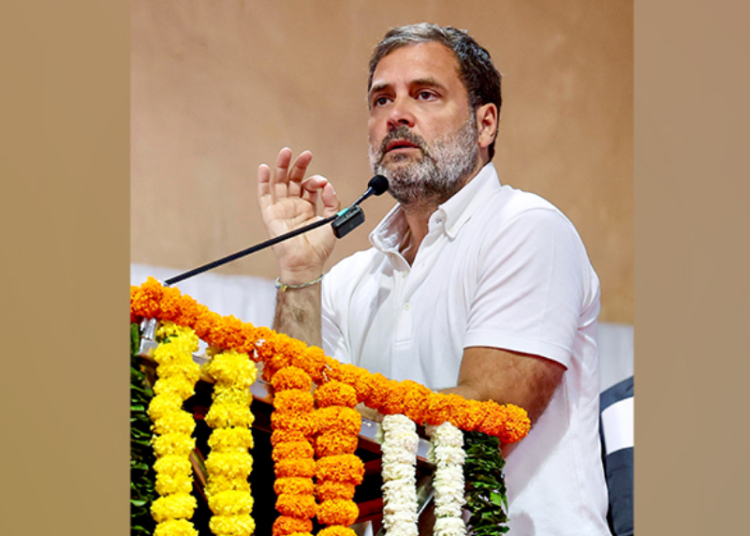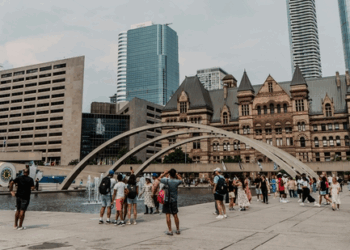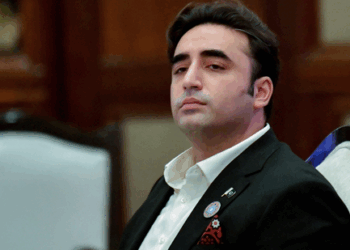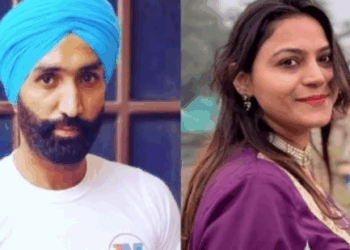Describing the move as emblematic of a “scared dictator” seeking to quash democratic dissent, Gandhi accused the ruling regime of undermining democratic principles. Kejriwal’s arrest, according to Gandhi, symbolizes a broader assault on democratic institutions and the stifling of opposition voices.
The excise policy case, which led to Kejriwal’s arrest, has been a focal point of political contention, with critics alleging political vendetta and manipulation. Kejriwal, known for his anti-corruption stance and vocal opposition to entrenched political interests, has often found himself at odds with the central government.
Gandhi’s remarks come at a time of heightened political tension in India, with concerns over democratic erosion and the concentration of power in the hands of a select few. The arrest of prominent opposition figures like Kejriwal further fuels apprehensions about the state of democracy in the world’s largest democracy.
The Indian National Congress, under Gandhi’s leadership, has pledged to intensify its efforts to safeguard democratic values and hold the ruling government accountable for what it perceives as authoritarian overreach.
As the political landscape continues to evolve, the clash between opposing ideologies and visions for India’s future is likely to remain at the forefront, with figures like Rahul Gandhi rallying against what they see as threats to the democratic fabric of the nation.



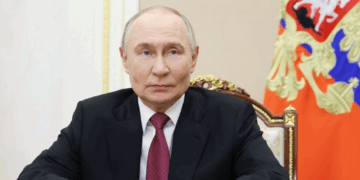




 India
India
